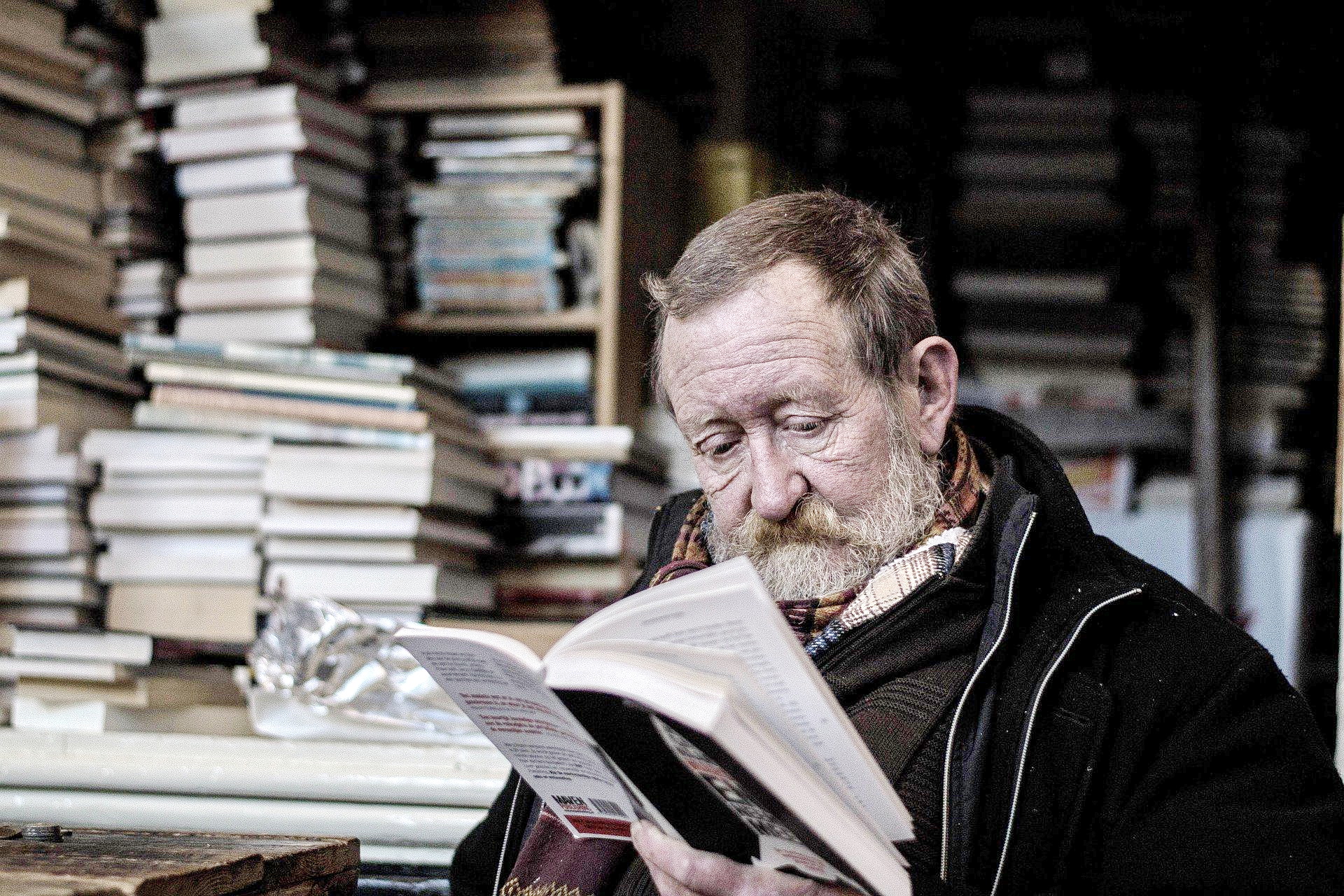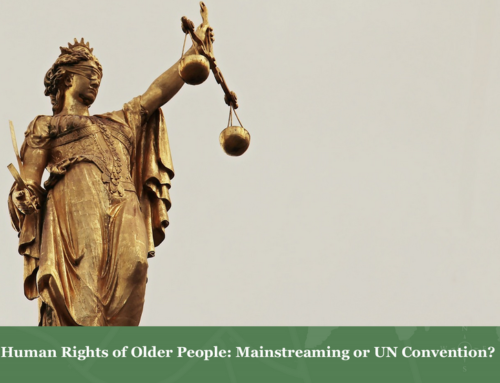“Live as if you are going to die tomorrow.
Learn as if you are going to live forever.”
–Mahatma Gandhi
When we think of learning, school is usually the first thing that comes to mind. Tests, homework and grumpy teachers don’t make for a lot of positive memories. As we get older, though, we see the joy our children take in learning new things and we start to find time to dig deeper into things we are curious about. You might call it a hobby or an interest or even an obsession, but it’s really lifelong learning.
The concept of lifelong learning is based on the idea from the 1970s that humans says are full of potential throughout their lives, not just when they’re young. We learn informally through others, work, hobbies, volunteering and life experiences. We learn formally through educational institutions.
Since the 1970s, it’s become clear that lifelong learning benefits not only individual but also our cities and society. UNESCO’s Institute for Lifelong supports adult learning, continuing education, literacy and informal education projects. Its Global Network of Learning Cities are working together to develop policies that support lifelong learning and the right to learn for older persons.
Lifelong learning and Older Persons
Because they are adults, older persons are free to learn about anything for any reason. These are the common reasons for wanting or needing to learn:
- Necessity – “I never learned how to read and it’s never too late.”
- Day-to-day functioning – “I need to figure out this hearing aid works.”
- Income – “A new skill will help me earn the extra money I need each month.”
- Physical health – “Tai chi will improve my balance.”
- Mental health – “Laughing yoga is uplifting and fun!”
- Exploring an interest – “I want to know more about quantum mechanics.”
- Future planning – “Learning how how advance care planning works will make sure my care wishes are followed.”
Barriers to right to learn for older persons
Older persons usually have the time available to learn new skills or gain knowledge. Sometimes they have the cash. But often they are denied the opportunity.
- Physical – location proximity, transportation challenges or physical abilities
- Financial – little grants or scholarships for older learners
- Ageism – biased views that older persons don’t want to learn or can’t learn
- Information – it’s not always clear who is offering what learning
- Systems – the way learning is delivered doesn’t support the older brains
- Technological – don’t have the skill to use a computer or access to one
Enablers of right to learn for older persons
While many barriers remain, things are changing for the better. More and more formal and informal education projects put the learning needs of older persons as priorities.
- University of Third Age promotes informal learning through self-help interest groups
- More than 50 universities and colleges practice the 10 Age-Friendly University Principles
- Non-profit programs like Dreams Never Get Old help older persons develop the skills they need to make their dreams come true
- Local governments in Canada have included lifelong learning as part of their Active Aging strategy
- Groups like Seniors First BC offer workshops on issues that are important to older persons
When education and training is within reach, older persons have the fighting chance to live with autonomy, fulfill their aspirations, remain intellectually challenged and participate fully in society.
That’s why “right to learn” is part of the United Nation’s Open Ended Working Group on Ageing meeting in April 2020. Join us in taking next steps towards an inclusive and adaptable learning system for older persons.






